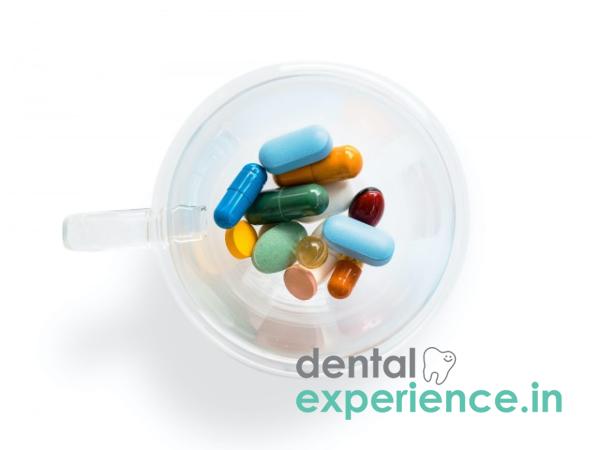Medicinal Anaphylaxis/Allergy
Overview
Emergency Alert: Understanding Medicinal Anaphylaxis in Dental Care
In Ernakulam, Kochi, Kerala, dental emergencies demand swift and informed action. One such critical concern is Medicinal Anaphylaxis or Allergic Reactions to medications used in dental procedures.
What is Medicinal Anaphylaxis?
Medicinal Anaphylaxis is a severe allergic reaction that occurs when your body reacts adversely to medications administered during dental treatments. While rare, it's essential to be aware of the possibility.
Causes of Medicinal Anaphylaxis:
Drug Allergies:
Some individuals may be allergic to specific medications such as antibiotics, local anesthetics, or pain relievers.
Previous Allergic Reactions:
Individuals with a history of allergic reactions are at a higher risk.
Unknown Allergies:
In some cases, patients may not be aware of their allergies until exposed to certain medications during dental procedures.
Signs and Symptoms:
Breathing Difficulty: Rapid or shallow breaths.
Swelling: Notable swelling of the face, tongue, or throat.
Skin Reactions: Redness, itching, hives.
Blood Pressure Drop: Dizziness or fainting.
Heart Palpitations: Irregular or fast heartbeat.
Immediate Actions in Case of Anaphylaxis:
Cease Medication:
If you sense any unusual symptoms during a dental procedure, request an immediate halt to the administration of medication.
Call for Assistance:
Dental professionals are trained to manage emergencies, but quick medical help is essential. Dial for assistance promptly.
Use EpiPen (if available):
Administer epinephrine (EpiPen) as per prescribed guidelines.
Maintain Calmness:
Staying calm aids in managing the situation effectively.
Preventing Medicinal Anaphylaxis:
Communication is Key:
Share your complete medical history, including any known allergies, with your dentist.
Alternative Medications:
Dentists can opt for alternative medications or take precautions based on your medical history to minimize risks.
Treating Allergic Reactions to Antibiotics:
Allergic reactions to antibiotics can range from mild symptoms to severe anaphylaxis. Prompt and appropriate treatment is crucial for a patient's well-being.
Antihistamines for Mild Symptoms:
Antihistamines are effective in alleviating mild allergic symptoms like itching or a rash.
These medications counteract the effects of histamine, a substance released during an allergic reaction.
Epinephrine for Severe Allergic Reactions:
In cases of severe allergic reactions, such as anaphylaxis, epinephrine is the frontline treatment.
Epinephrine acts rapidly to reverse the symptoms of anaphylaxis, including difficulty breathing and a drop in blood pressure.
Steroids to Reduce Inflammation:
Steroids play a crucial role in managing allergic reactions by reducing inflammation.
These medications work at a deeper level to suppress the immune response, providing sustained relief.
Desensitization Process:
When a patient needs the antibiotic again despite a prior reaction.
Small, incremental doses of the antibiotic are administered over a few hours.
Any allergic reactions during this process are promptly addressed.
The dosage is gradually increased until the full therapeutic dose is achieved.
Maintenance: To maintain desensitization, a daily antibiotic dose is necessary, ensuring the body adapts without triggering an allergic response.
For residents in Ernakulam, Kochi, Kerala, recognizing the potential risks of Medicinal Anaphylaxis is paramount. Being informed and communicating openly with your dental team ensures a safer and more comfortable dental experience.
